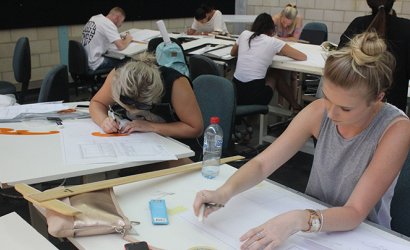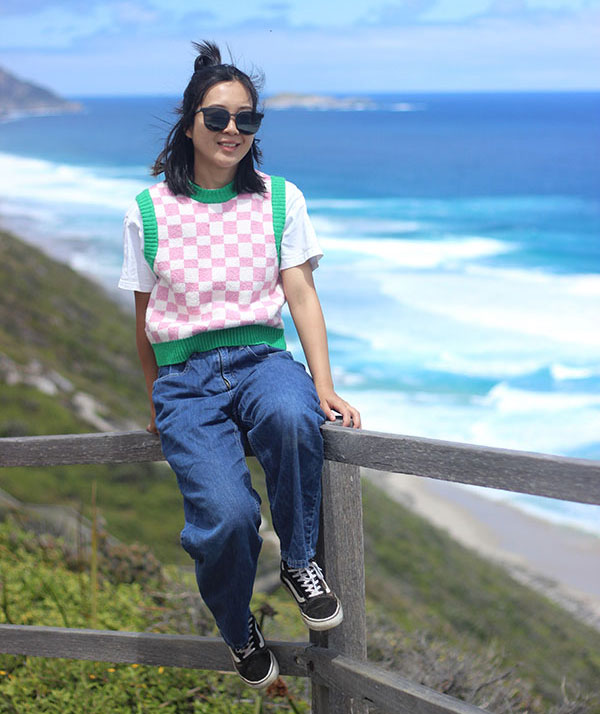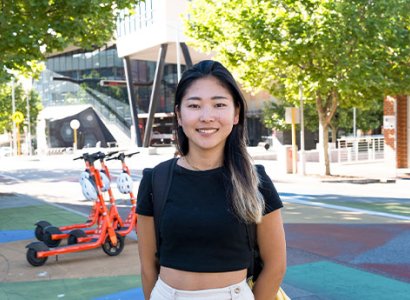

Why choose this course?
Start your career in the diverse field of film and television with this qualification. This industry focused course will provide you with the specialist knowledge to operate individually or collaboratively within the media industry.
During your studies you will learn a number of skills including how to operate professional cameras, edit video and audio using industry-standard software, lighting techniques, work as part of a media production crew and develop script content ideas for production.
You will have the opportunity to access industry standard studios and be part of professionally run productions. The practical experience acquired will be used to work as part of a media production crew, and the confidence to shoot footage/film for projects including a short documentary. Additional access is available to other practical training projects and student networking.
Career opportunities
- Instructional Designer
- Lighting Designer
- Production Manager
- Screen Writer
When choosing a course, it's important to think about the key skills and knowledge you'll need, as well as how you'll be assessed. Take a look at this information and consider if you might face any challenges in meeting the course expectations and requirements.
- A passion for film and visual arts
- Creative flair
- The ability to follow instructions
- Technical and practical ability
- Good communication skills
- The ability to work as part of a team
- Planning and organisational skills
- Ability to work well under pressure and meet deadlines
- Competent in Microsoft 365 applications - Word, Excel, PowerPoint
- Ability to work industry standard hours of 10 hour days
-
An IELTS score (academic) of 6.0 with no band score less than 5.0 or equivalent.
-
Equivalent to Australian Year 11.
-
OR Completion of CUA31020 Certificate III in Screen and Media [Film & Television] (AC71) is required for entry into this course.
There may be further semester intakes available for enrolment. You can view any further intakes when you submit your online application(opens in a new tab).
For information about pathways from TAFE to university, view our Pathways to university page.
How to apply
Apply to study at TAFE in six steps:
- find a course;
- check entry requirements;
- submit an application;
- accept your offer and pay;
- apply for your student visa; and
- receive your visa and come to Australia for your studies.
Build your own course guide
Select the study areas, courses and topics you like. Get your custom guide by email!
Download study area guide(opens in a new tab)
Contact us(opens in a new tab)
TAFE International Western Australia (TIWA) is the Registered Training Organisation (RTO) and Commonwealth Register of Institutions and Courses for Overseas Students (CRICOS) provider, for the delivery of training to international students, enrolled in a TAFE course in Western Australia. This nationally recognised course is delivered by a Western Australian TAFE college on TIWA's behalf. TIWA retains responsibility for the quality of the training and assessment delivered by the TAFE colleges and for the issue of certification documentation to students.



